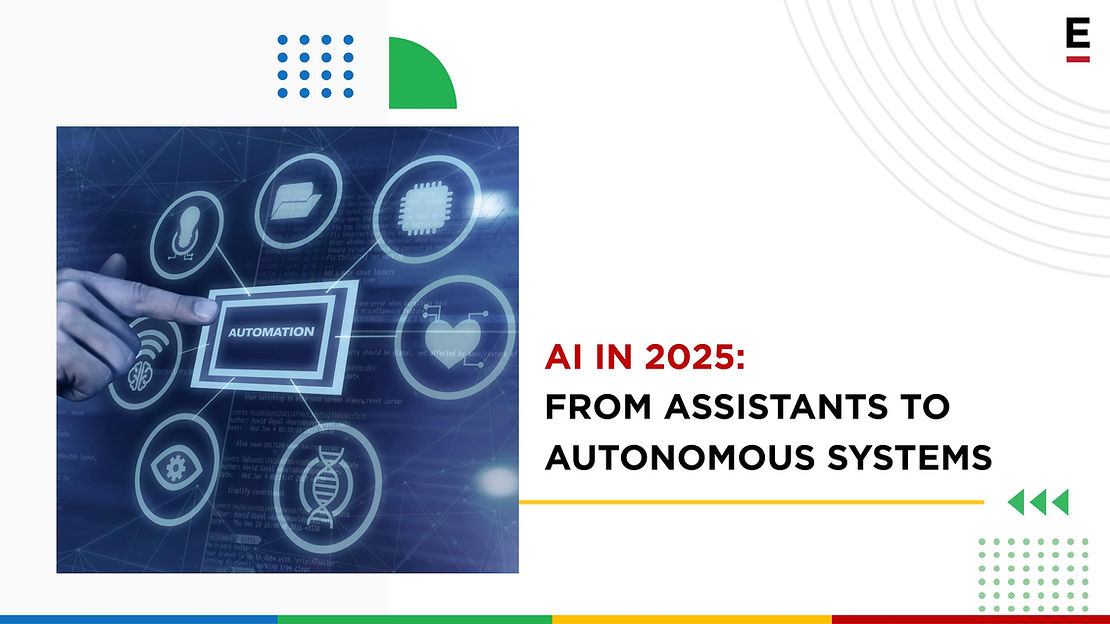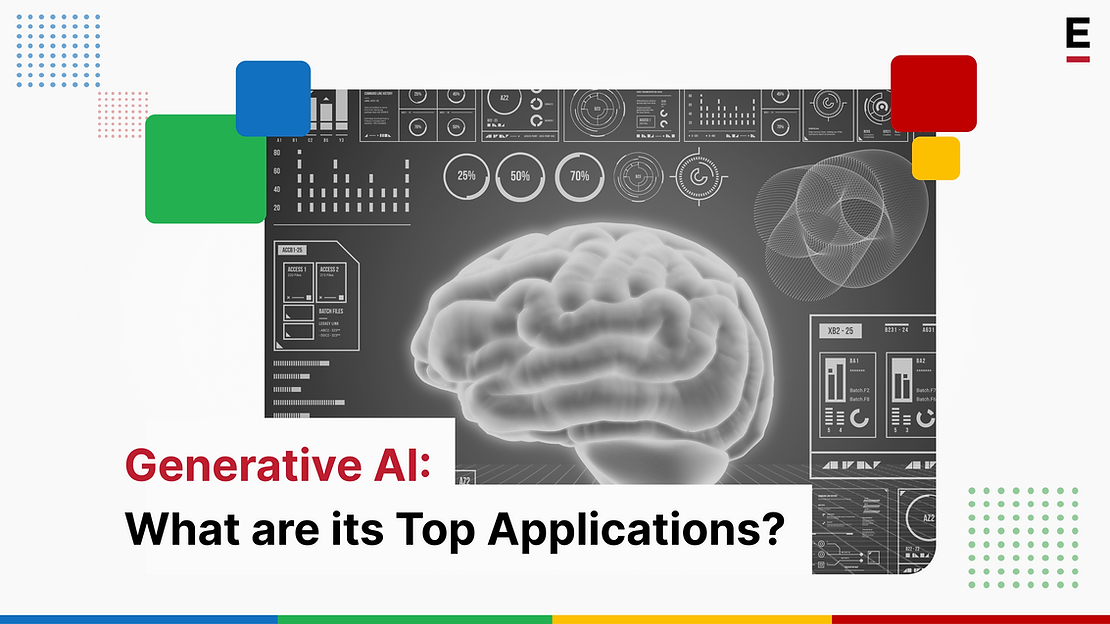Digital transformation is a crucial driver of innovation and growth in the Banking, Financial Services, and Insurance (BFSI) sector. As banks and financial institutions strive to stay competitive in a rapidly evolving landscape, they face several challenges that can hinder progress. This blog delves into the top 10 challenges of digital transformation in banking, highlighting the barriers to digital transformation in banking and offering insights into how institutions can overcome these obstacles.
1. Legacy Systems and Infrastructure
One of the most pressing challenges in digital transformation for the BFSI sector is the reliance on outdated legacy systems. These systems have been the backbone of banking operations for decades but were not designed to handle the demands of modern, digital-first solutions. They often lack the flexibility and scalability to integrate new technologies seamlessly.
Migrating from legacy infrastructure to more agile, cloud-based systems can be daunting. It requires meticulous planning, substantial investment, and a phased approach to prevent disrupting critical services. Moreover, replacing or upgrading these systems is time-consuming and requires maintaining continuity of service. Financial institutions must adopt a strategic approach to modernization, ensuring operational stability is not compromised while moving towards more advanced solutions.
2. Cybersecurity Threats
The increasing reliance on digital channels and cloud technologies makes BFSI institutions more vulnerable to cybersecurity threats. Due to the high value of the data it manages, the financial sector is a prime target for cybercriminals. Cyberattacks, data breaches, and fraud are significant concerns that institutions must address.
Maintaining robust cybersecurity measures is essential to combating these threats. Institutions should invest in advanced security solutions, such as artificial intelligence-driven threat detection and real-time monitoring systems. Regular security audits, employee training, and a proactive approach to identifying and mitigating potential vulnerabilities are crucial for maintaining a secure digital environment.
3. Compliance and Regulations
The BFSI sector is one of the most heavily regulated industries globally, and digital transformation efforts must comply with many laws and guidelines. Regulatory bodies continuously update and refine rules to keep pace with technological advancements, which can slow down the pace of transformation.
Navigating this complex regulatory landscape requires financial institutions to ensure that new technologies and processes adhere to compliance standards. Failure to comply can result in hefty fines and damage to reputation. To manage this challenge effectively, institutions must invest in robust compliance management systems that can adapt to regulatory changes and automate compliance-related processes.
4. Cultural Resistance to Change
Digital transformation often necessitates a significant shift in organizational culture. Many institutions need more support from employees accustomed to traditional methods of operation. This cultural resistance can slow down the adoption of new technologies and processes.
Overcoming this resistance requires fostering a culture of innovation and adaptability. Institutions should implement targeted change management initiatives, provide ongoing training, and establish open communication channels to address employee concerns. Leadership must play a pivotal role in championing digital transformation, demonstrating commitment to the process, and setting an example for the rest of the organization.
5. Lack of Skilled Workforce
A critical challenge in digital transformation is the need for more skilled professionals. As institutions adopt new technologies like artificial intelligence, machine learning, and blockchain, they need talent with specialized skills to implement and manage these solutions. The competition for skilled workers is intense, and without the right talent, institutions may struggle to achieve their digital transformation goals.
Financial institutions should invest in upskilling and reskilling their existing workforce to address this talent gap. Collaborating with educational institutions, offering internships, and creating talent pipelines can also help attract new talent. Embracing a culture of continuous learning and development is essential to ensure that the workforce is equipped to handle the demands of digital transformation.
6. Customer Onboarding and Engagement
In the era of digital banking, customer expectations are higher than ever. Delivering a seamless onboarding experience and maintaining engagement through digital channels is challenging for many institutions. Complex and cumbersome onboarding processes can lead to customer dissatisfaction and attrition.
To enhance customer onboarding and engagement, banks and financial institutions should streamline their processes using digital tools like e-KYC (Know Your Customer) and automated document verification. Personalizing experiences through data-driven insights can also improve engagement. Creating intuitive, user-friendly digital interfaces that cater to diverse customer needs is crucial for ensuring a positive experience across all touchpoints.
7. Omnichannel Experience
Providing a consistent omnichannel experience is another significant challenge in digital transformation. Customers expect to interact with their banks across multiple online, mobile, and in-branch channels without friction. Integrating these channels and ensuring a seamless experience can be complex, especially with legacy systems.
To address this challenge, banks must invest in technologies that enable real-time data sharing and integrate various channels. Adopting platforms that provide a unified view of the customer and allow personalized interactions across all touchpoints is essential. Additionally, ensuring that digital platforms are responsive and accessible on any device or channel is crucial for a seamless omnichannel experience.
8. Data Management and Analytics
Harnessing data effectively is central to successful digital transformation in finance. However, many institutions need help managing vast information spread across different systems. Additionally, deriving actionable insights from this data requires advanced analytics capabilities.
Overcoming these challenges involves investing in data management tools that ensure data accuracy, consistency, and security. Building a data-driven culture and leveraging advanced analytics and artificial intelligence can help uncover valuable insights, enabling better decision-making and enhancing customer experiences.
9. Integration of Emerging Technologies
The rapid pace of technological advancements presents both opportunities and challenges for BFSI institutions. Emerging technologies such as artificial intelligence, blockchain, and robotic process automation (RPA) can potentially transform the industry. However, integrating these technologies into existing systems and processes can be complex and resource-intensive.
Institutions must carefully evaluate the impact of emerging technologies and develop strategies for seamless integration. This may involve partnering with technology providers, investing in research and development, and conducting pilot programs to test new technologies. Developing a clear roadmap and adopting a phased implementation approach can help mitigate risks and ensure a smooth transition.
10. Maintaining Customer Trust
Maintaining customer trust is paramount in an increasingly digital world. With growing concerns around data privacy and security, customers are more aware of how their information is used. Any breach of trust can severely impact an institution’s reputation and customer loyalty.
Building and maintaining trust requires transparency, robust security measures, and clear communication with customers about how their data is protected. Financial institutions must prioritize data privacy, invest in technologies that enhance security, and foster a culture of transparency and ethical data practices.
How Extentia Powers Digital Finance Transformation
As a Merkle Company, Extentia is at the forefront of digital finance transformation, leveraging best-in-class UI/UX design practices. Their holistic, end-to-end approach begins with a deep understanding of business goals and user behavior, ensuring intuitive and secure user experiences tailored to the fintech industry. Extentia’s 5D UX design process—encompassing research, workflow design, visual conceptualization, development, and testing—delivers pixel-perfect, responsive interfaces that meet regulatory standards and exceed user expectations.
In the fast-paced fintech landscape, where trust and usability are critical, Extentia integrates creativity with technology to create engaging, functional designs that enhance customer satisfaction and loyalty. By utilizing cutting-edge tools and adhering to a user-centered design philosophy, Extentia empowers financial institutions to stay competitive, drive higher conversion rates, and foster growth. Their expertise in interaction design and focus on delivering seamless user experiences ensure that fintech companies can successfully navigate the complexities of digital transformation, ultimately promoting innovation and business success in the digital finance space.
We believe digital transformation in the BFSI sector is fraught with challenges, but overcoming these barriers is essential for institutions to remain competitive in an increasingly digital world. From tackling legacy systems to ensuring robust cybersecurity and managing cultural resistance, banks and financial institutions must navigate a complex landscape. By addressing these challenges head-on and leveraging the right strategies and technologies, institutions can successfully embark on their digital transformation journey, unlocking new opportunities for growth and innovation.
You can Download our Experience Design Trends Report for Fintech to discover the latest 2024 trends and elevate your customer experiences with cutting-edge insights and AI-powered visuals from Extentia.



